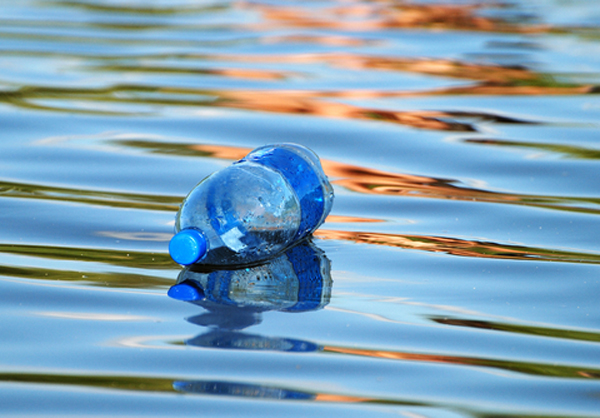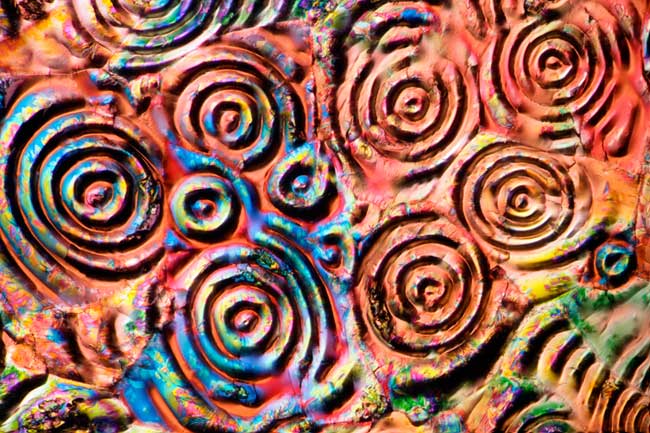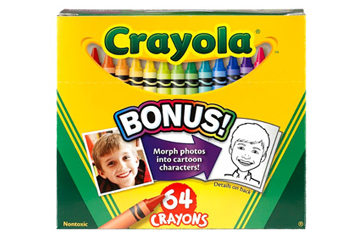7 Surprising Uses of Oil

There's oil in there

Petroleum does more than just provide gasoline for cars and jet fuel for airliners. Products and byproducts of petroleum end up in items used daily around the world — billions of pounds of polyethylene plastic alone go toward making plastic bags, food containers, hula hoops and other consumer products. But here are a few petroleum-derived items found in and around the modern-day home that may surprise you.
Aspirin

Aspirin has proven itself one of the safest and most reliable medications over the past decades. People swallow billions of tablets per year for headaches, fever and as a preventative against heart conditions or stroke. The acetylsalicylic acid in aspirin (crystals of the compound shown here) shares the pain-relief properties of the chemical salicin in willow bark. Yet most aspirin manufacturing begins with benzene, a hydrocarbon that is typically derived from petroleum products.
Pantyhose

Call them leggings, hosiery, tights or whatever you like. Millions of modern women wear nylon pantyhose for both comfort and fashion, just as women decades ago latched on to the nylon stockings that became popular during World War II.
They may not pause to consider that nylon represents a petroleum-derived thermoplastic invented in 1935 by Wallace Carothers, a chemist working at the DuPont company. Today, nylons help make products ranging from dish scrubbers to parachutes.
Crayons

Oil has helped make many fond childhood memories of drawing inside a classroom or a home. Each and every crayon in a child's Crayola box consists of paraffin wax, a waxy solid made from petroleum. Paraffin wax also happens to help make candles, and may even provide the polish on an apple or the glossiness of chocolate.
Gum

People who enjoy the snap and long-lasting texture of their chewing gum can give a nod of thanks to petroleum-derived polymers. Today's gum bases can consist of both natural latexes and petroleum products such as polyethylene and paraffin wax, which also means most gums are non-biodegradable. But the first chewing gums typically relied upon the natural latex known as chicle — still the gum base of choice for some upscale gum brands and certain regional markets.
(On a side note, gum-chewing may be more than a pastime, as research detailed in the October/November 2011 issue of the journal Appetite suggests chewing gum before a test may improve performance.)
Wrinkle-Resistant Clothes

Cotton may represent the fabric of our lives, but polyester pants, shirts and other clothing items bring the benefits of wrinkle resistance, durability and shrugging off stains. Those special properties come courtesy of polyester's origin at the oil refinery, where several petroleum products are created to eventually form the synthetic material that helps clothe millions of people. But that's not all bad, because polyester recycling can produce new, high-quality polyester fiber.
Solar Panels

Solar panels may help homeowners and businesses usher in renewable energy by harnessing the power of sunlight, but most panels still rely upon petroleum-based resins and plastic components in their photovoltaic cells. That could eventually change as companies have begun rolling out new bio-resins and bioplastics that could replace the petroleum-based components.
Lipstick

Humans have applied natural cosmetics on their lips, eyes and faces for centuries, but most of today's lipsticks and eye liners derive their visually-pleasing magic from petroleum products or byproducts such as crylates, coal tar colorants, and propylene glycol. Given that foundation, it's little surprise that many women also turn to the petroleum product known as Vaseline (petroleum jelly) as a simple eyeliner remover or base for lipstick.
Sign up for the Live Science daily newsletter now
Get the world’s most fascinating discoveries delivered straight to your inbox.











